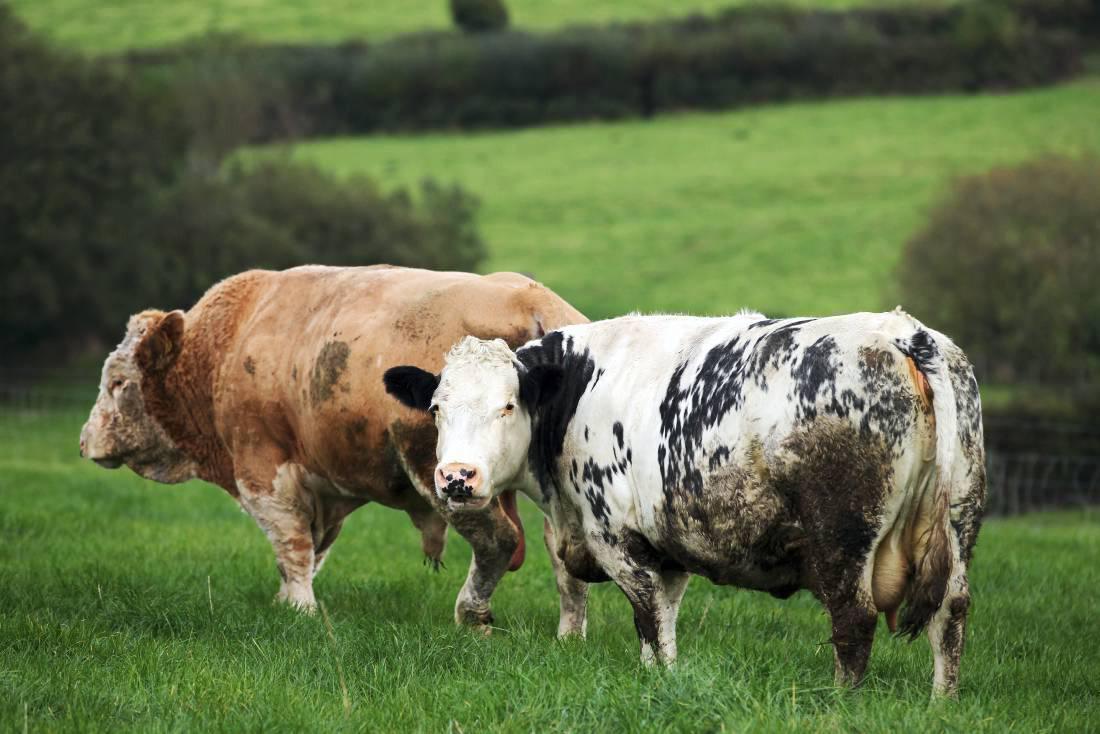
The Welsh government has proposed new bovine TB controls to help manage the disease, but farmers are concerned over potential changes to compensation.
A 12-week consultation on a refreshed TB Eradication Programme has launched, setting out the Welsh government's long term vision for the eradication of bTB.
It includes new plans for the TB testing programme to help further reduce the risk of the spread of TB, such as testing protocols in relation to the pre-movement test.
Proposals also look at informed purchasing and its aim to encourage farmers to provide TB information about cattle they wish to sell and for keepers to make wise purchasing decisions.
The Welsh government is also seeking to change payments for cattle slaughtered as a result of TB, by introducing table valuations instead of individual valuations.
This system is used in England, where Defra uses average market prices to calculate compensation for cattle culled because of TB. Every month it publishes a table of compensation values for 51 different categories of cattle.
Analysis by Welsh government shows it would have saved around £5.1m in TB payments in 2020-21 if table valuations were used instead of individual valuation.
Speaking in the Senedd, Rural Affairs Minister Lesley Griffiths said: “A key aim of our programme is the rapid, accurate, early identification of infection and we strive to improve TB diagnostics, embracing new research and being open to new validated tests.
“Collaboration and partnership working, taking ownership and recognising we all have a role to play are key to the success of our Programme.”
Responding to the new proposals, NFU Cymru said bovine TB "remains one of the main barriers to the agricultural industry realising its aspirations and potential."
While official figures show a 48% decrease in new TB incidents since 2009, the union warned that 98,640 cattle were slaughtered as a result of TB between 2010-2020, and 10,700 over the past 12 months.
Looking specifically at the compensation proposal, NFU Cymru said its members 'categorically reject' any move to tabular valuations.
“Farmers will be extremely concerned to read the options put forward by Welsh government with regards to compensation arrangements," said John Davies, the union's president.
"NFU Cymru’s firm view is that compensation arrangements must reflect the value of the animal’s individual merits, and this can only be achieved via an individual valuation."
He added: "The payment of compensation for a TB reactor does not in any way cover the consequential losses - the loss of production, inability to market produce, increased housing and feeding costs - sustained by the business as the result of a TB breakdown.
“Welsh government suggests the review is brought upon by overspend of the budget. We are clear that the only way to reduce any overspend is to ensure that the disease is controlled quickly and effectively so that the disease has the smallest possible impact on the national herd.
"The fewer animals that need to be slaughtered as a result of bovine TB, the lower the compensation bill and the lower the cost for both government and industry," Mr Davies said.
The Welsh government's new TB Eradication Programme also proposes a phase out of badger trap and test work in persistent herd breakdowns, from this year.
It says the limited sample size and short follow-up period provide limited meaningful results to gauge the impact of interventions on cattle TB.
Work will be completed on existing farms but new ones will not be recruited into the process. According to government, funding saved from phasing out of this work will see a further £100,000 made available initially for expanding badger vaccination across Wales.
In addition, a review will take place on options to supplement veterinary capacity for TB testing through greater use of trained and supervised paraprofessional staff.
Chief Veterinary Officer for Wales, Christianne Glossop said: "We remain steadfast in our commitment and determination to rid Wales of a disease which has far reaching repercussions throughout the Welsh farming industry.
"Year on year we have made enhancements to our programme and introduced many fundamental policies which changed the TB landscape across Wales and laid foundations for the future."
She said the Welsh government continued to support the development of a deployable cattle TB vaccine with a test to differentiate infected from vaccinated animals, to be in place by 2025.
"Cattle vaccination has the potential to become a powerful tool in the battle against the disease and we will be engaging with the TB Centre of Excellence to plan its most appropriate deployment in Wales," she added.
The programme's proposals also include a new Task and Finish Group to consider the best ways of communicating with farmers to help them to protect herds and also throughout a TB breakdown.
They will consider the potential role for TB Champions in Wales and farming and veterinary organisations have been approached for nominations for membership of this group.
The consultation will run for 12 weeks, with the deadline for farmers to respond set at 8 February 2022.
